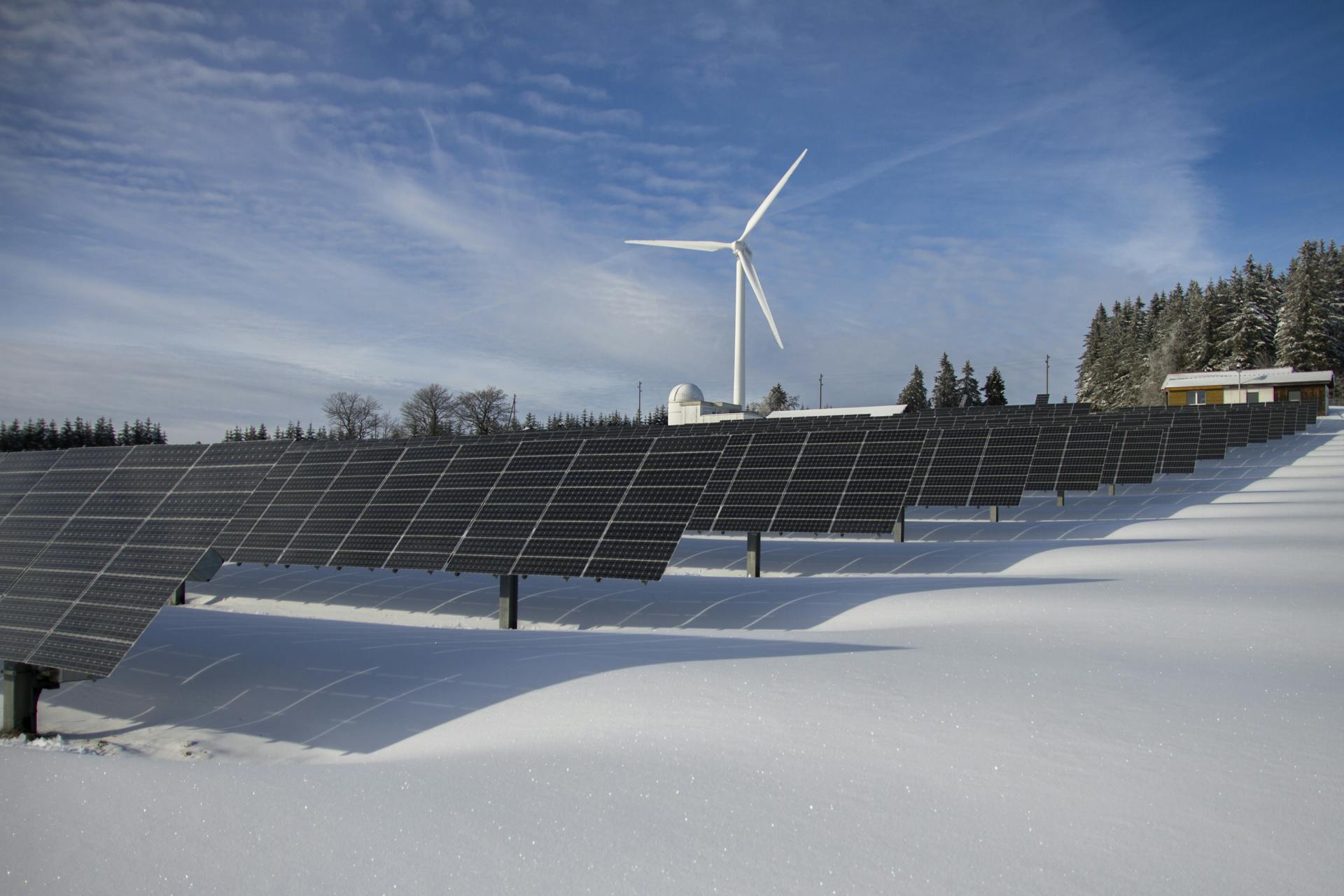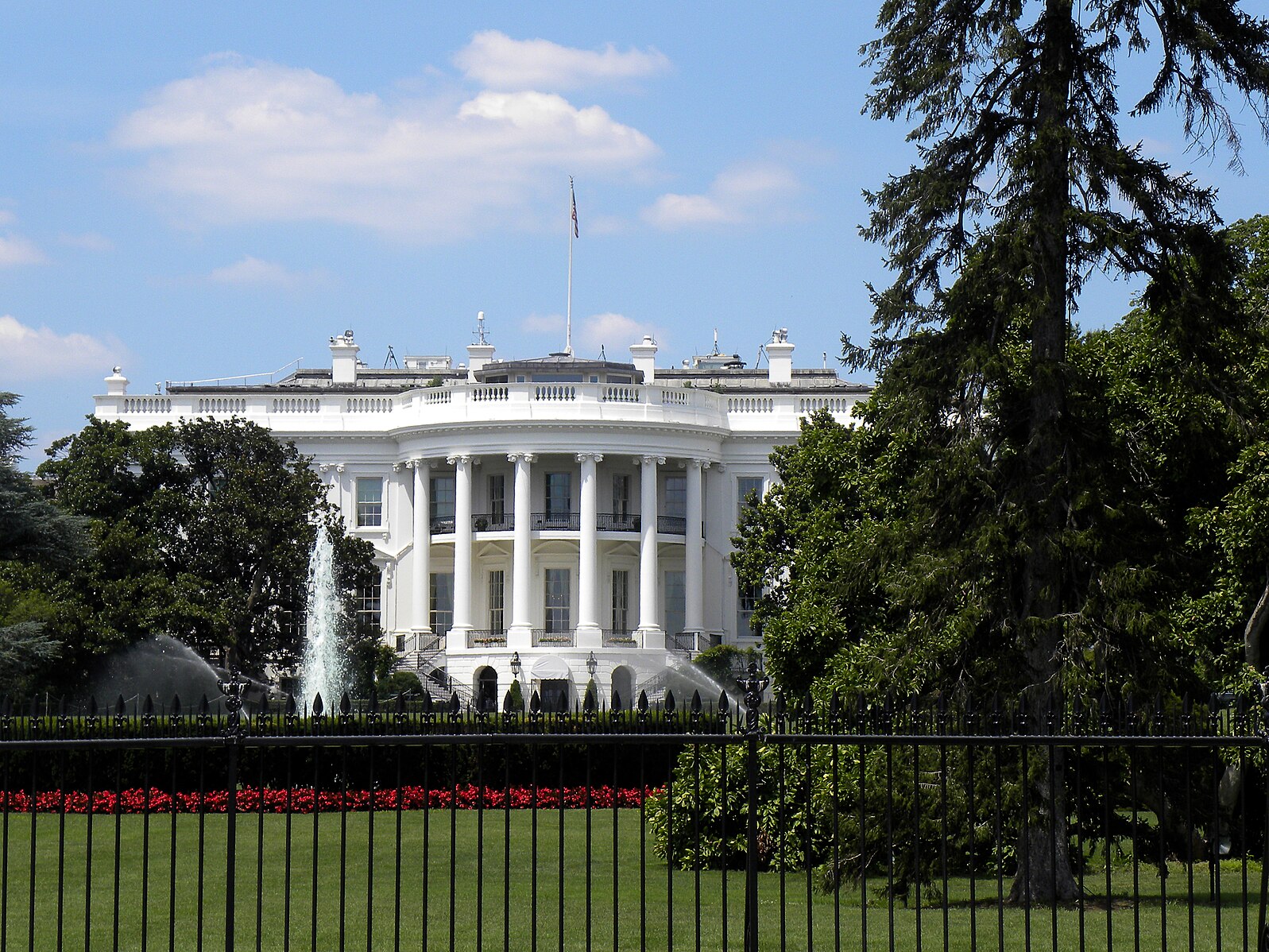U.S. News
U.S. Downgraded to ‘Critically Insufficient’ on Climate Action
By Jake Beardslee · October 3, 2025

Global Climate Rating Drops
The Climate Action Tracker (CAT), an independent analysis initiative, downgraded the United States in late September from “insufficient” to “critically insufficient” in its assessment of global climate efforts. The downgrade follows sweeping reversals in U.S. climate policy under the Trump administration, including expanded fossil fuel investment and the rollback of clean energy programs. Pixabay / Pexels
Fossil Fuel Expansion Cited
“The Trump administration's massive support for expanding fossil fuels and unwinding clean energy rollout means the U.S. is being left behind, particularly as China ramps up production of renewable energy, electric vehicles and other clean technology,” said Bill Hare, CEO of Climate Analytics, which partners on the tracker. He warned that “this could become a fossil fuel industry-inspired debacle for the U.S. economy.” Joe Rondone/The Republic / USA TODAY NETWORK via Imagn Images
Rollbacks and Policy Shifts
In 2025 alone, the government has advanced a series of measures that critics say undermine renewable progress. Tax incentives for electric vehicles and solar were cut short, a nearly completed wind farm lost its permit, and the Department of Energy pledged $600 million to extend coal plant use. The Environmental Protection Agency also announced plans to relax regulations on coal plant pollution. “This is the most aggressive, comprehensive, and consequential climate policy rollback the CAT has ever analyzed,” said Niklas Höhne of NewClimate, another initiative partner. Pixabay / Pexels
Economic and Job Impacts
While the White House defends its actions as a “national energy emergency” to bolster economic security, data shows a sharp reversal in job growth. Renewable energy employment, once the fastest-growing sector in the U.S., has been hit by cancellations. In the first half of 2025 alone, $22 billion in clean energy projects were canceled, leading to the loss of 16,500 jobs, according to nonprofit E2. Projections from Energy Innovation warn that current policies could leave U.S. GDP $1.1 trillion lower between 2026 and 2034, cut more than 830,000 jobs by 2030, and raise wholesale energy prices 50% by 2035. Mathieu Landretti, CC BY-SA 4.0 https://creativecommons.org/licenses/by-sa/4.0, via Wikimedia Commons